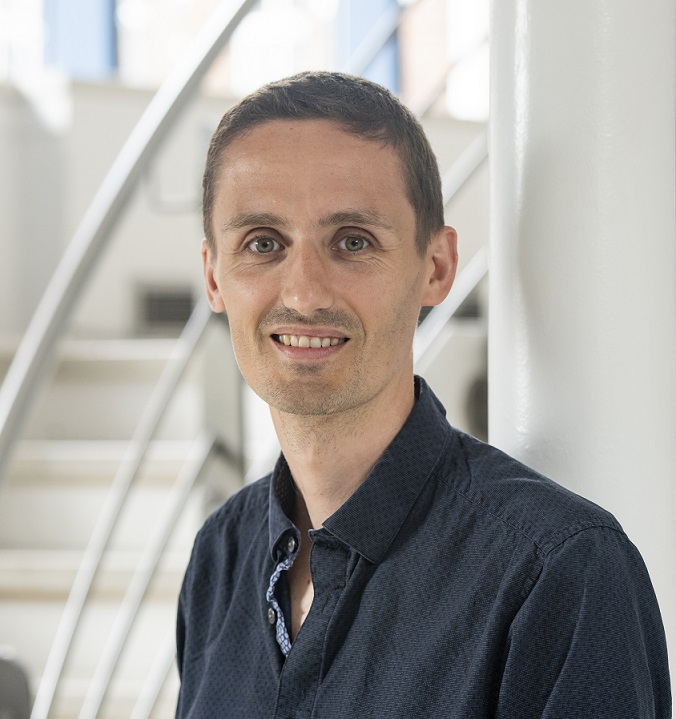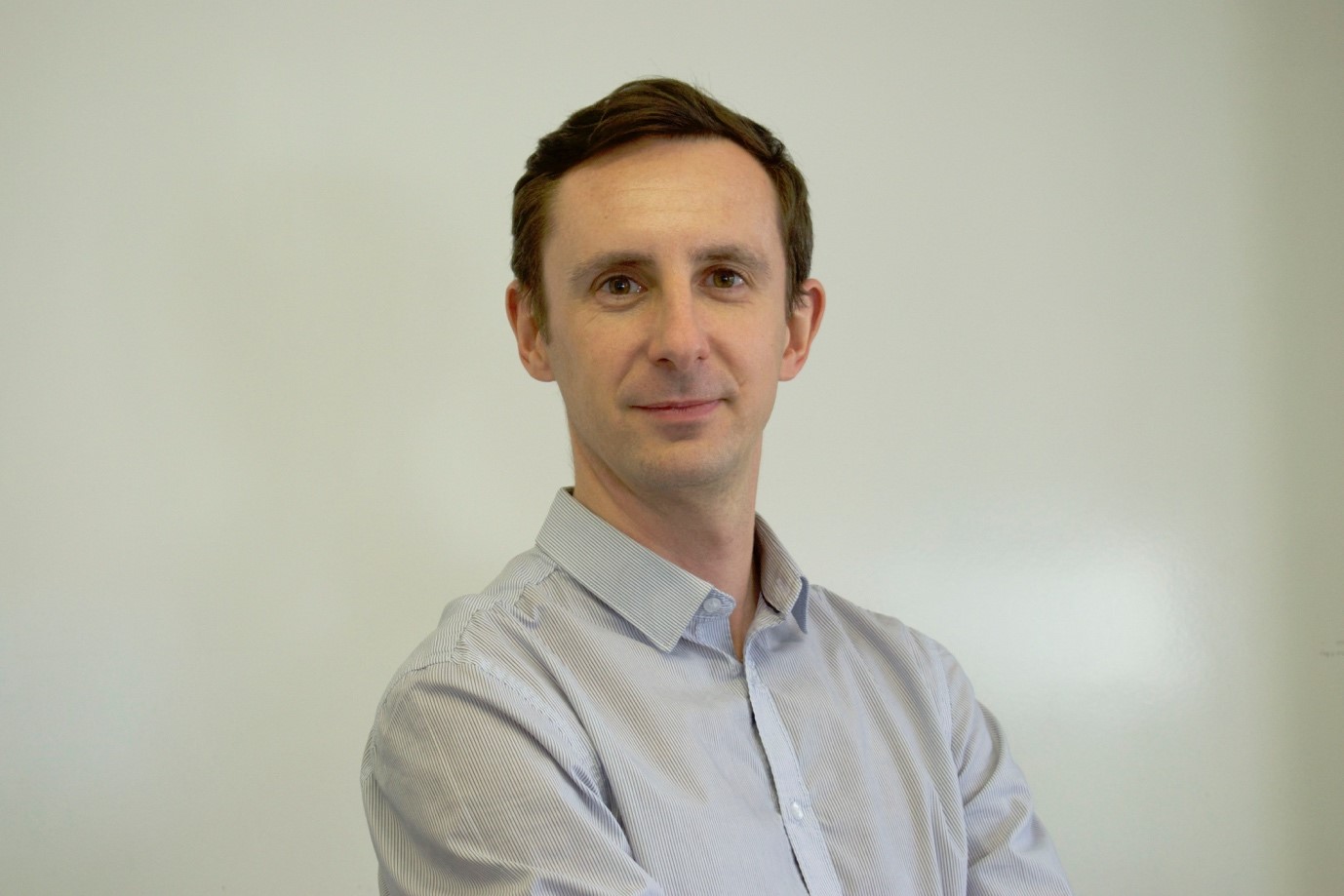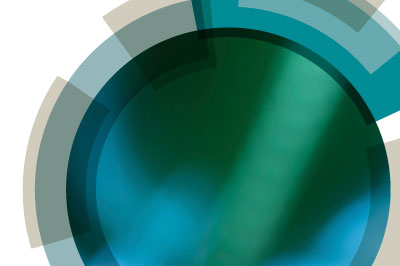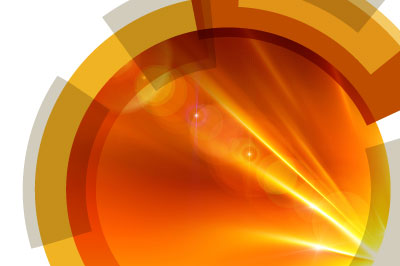Join Steve Goldup, Professor of Chemistry at University Southampton and Associate Editor of Chemical Science, and Dr. Fabien Cougnon, Research Associate in the Department of Organic Chemistry at University of Geneva, to hear about their latest work.
This 90-minute seminar will allow researchers of all professional levels to connect and share ideas and ask questions.
Speakers
Professor Steve Goldup“Mechanically Chiral Molecules: Synthesis and Applications”
Interlocked molecules can display forms of stereochemistry that do not rely on classical covalent stereogenic units, including many examples that have yet to be realised in chemical form. We have pioneered the use of a “small” macrocycle, mediated active template reaction in combination with covalent chiral auxiliaries in order to allow the synthesis of mechanically planar chiral rotaxanes, and topologically chiral catenanes. In this lecture I will describe our recent efforts to improve access to these intriguing molecules, and their applications in enantioselective sensing and catalysis.
Dr. Fabien Cougnon
“The synthesis and unexpected behaviour of knotted molecules”
The synthesis of topologically complex molecules has challenged chemists for the past 30 years. In this talk, I will describe an innovative strategy that exploits the hydrophobic effect to direct the formation of topologically complex molecules. In comparison to previously reported approaches, this strategy is particularly easy to implement and has already allowed access to several knots and links.
This work is driven by the hypothesis that the topology of a macromolecule controls its function and can thus be used to address key challenges in chemical biology and material sciences (e.g. selective molecular recognition, effective information and electron transfer, etc.). Here, I will describe how topology can alter the properties of molecules in unexpected ways, especially in the context of molecular recognition.
Programme - please note all timings are EDT
10:00 - Introduction10.10 - Professor Steve Goldup
10.50 - Dr. Fabien Cougnon
11:10 - Questions and discussion
11.30 - Closing remarks












